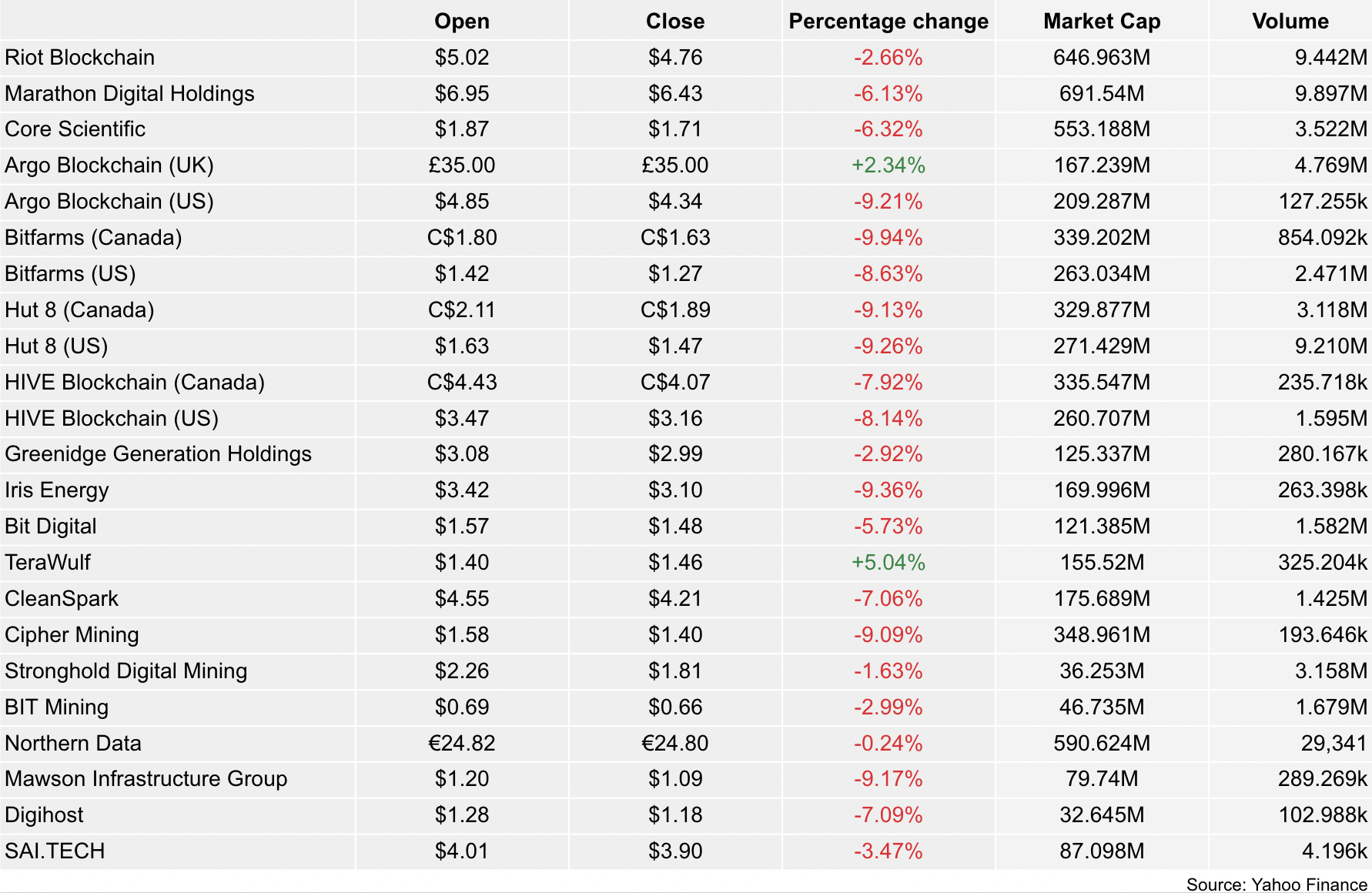Two weeks after suspending client withdrawals and five weeks after raising $80 million in fresh funding, The Block has learned that troubled crypto lender Babel Finance is losing multiple top employees.
One is Yulong Liu, head of global partnerships, who plans to leave by the end of this month or early next month, according to a person familiar with the situation. Liu frequently represented Babel at public events and spoke to The Block last month when the firm raised $80 million at a $2 billion valuation. He recently updated LinkedIn to say he left Babel this month and has since deleted his profile.
Liu worked for Babel Finance for nearly three years. As head of partnerships, he focused on getting new partners for the firm, including depositors and borrowers. A spokesperson for Babel said Liu is still working for Babel and declined to comment on his planned departure. Liu didn’t respond to multiple requests for comment.
Founded in 2018, Hong Kong-based Babel Finance provides lending and trading services to a claimed 500 institutional clients. The firm recently said it had outstanding loan balance of more than $3 billion at the end of 2021, with an average monthly trading volume of $800 million in derivatives.
Liu’s planned departure comes as Babel faces a cash crunch. On June 17, it suspended client withdrawals because of “unusual liquidity pressures.” Three days later, the firm said it had reached “preliminary agreements on the repayment period of some debts” with major counterparties and customers, “which has eased the company’s short-term liquidity pressure.”
There has been no further update from Babel since. Clients’ funds remain stuck.

Liu is just one of the multiple people leaving Babel amid the firm’s troubles. Several others from the partnerships team that Liu led have also departed, according to their LinkedIn profiles reviewed by The Block. These people are: Sean Yang, director of global partnerships; Xavier Xiang, another director of global partnerships; and Yuchen Jiang, who worked in an unspecified partnership role. Yang, Xiang and Jiang all worked for less than a year at Babel, according to their profiles.
Babel has also lost people from its PR and communications team. These include its director of communications, Jacynth Wang, with whom The Block spoke last month on the funding round, and Yiwei Wang, the firm’s global PR lead. Jacynth joined Babel three months ago and Yiwei worked there for over two years, per their LinkedIn profiles.
Jiang, Jacynth and Yiwei didn’t respond to The Block’s requests for comment by press time. Yang and Xiang could not be reached for comment.
Meanwhile, some other top employees have deleted their LinkedIn profiles. These include Lei Tong, head of lending at Babel Finance and Ryan Wu, managing director and COO of Babel Asia. It’s not clear whether Tong and Wu are still working for Babel and they could not immediately be reached for comment by The Block.
Last month, Liu told The Block in an interview that Babel employs 170 people, but Babel’s LinkedIn page now shows only 44 staff working for the firm. It is unclear whether Babel has cut jobs or if many of its employees are not on LinkedIn.
A spokesperson for Babel declined to comment on any of these departures.
Babel Finance has had an intriguing past. In October 2020, leaked recordings suggested that the firm leveraged some user funds to boost a bitcoin trade and faced potential default risks during that year’s Black Thursday market crash.
At the time, Tether reportedly saved Babel Finance. The stablecoin issuer was said to have extended margin call deadlines for Babel to a month so that the firm would have more time to bolster its collateral.
It remains to be seen whether Babel — whose investors include Sequoia Capital China, Dan Tapiero’s 10T Holdings, Dragonfly Capital and Circle Ventures — will need another rescue this time. Tether stopped working with Babel around two months ago, Tether CTO Paolo Ardoino told The Block recently.
© 2022 The Block Crypto, Inc. All Rights Reserved. This article is provided for informational purposes only. It is not offered or intended to be used as legal, tax, investment, financial, or other advice.

